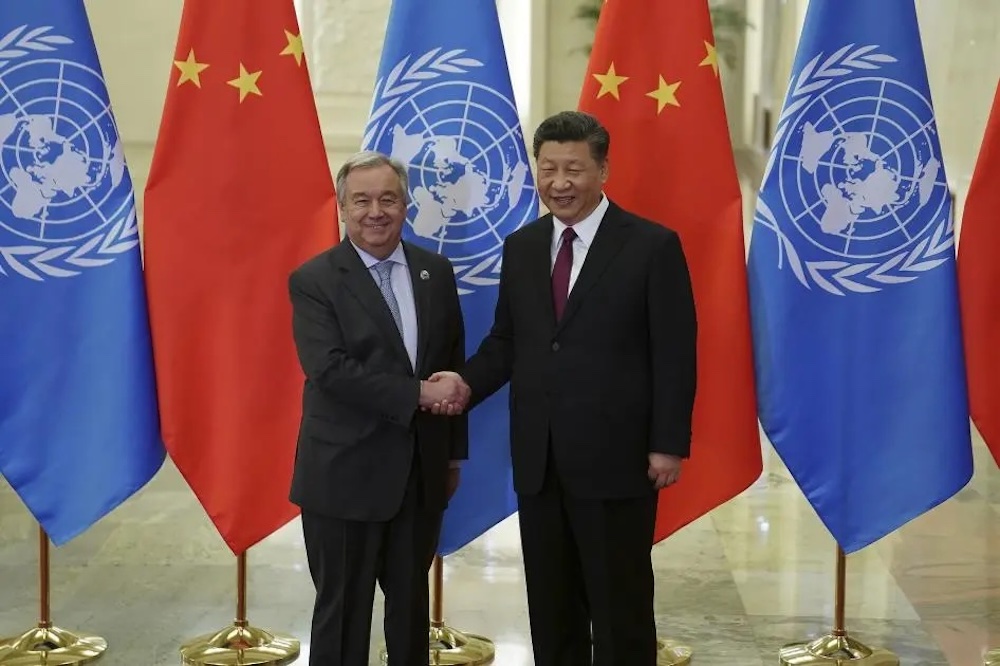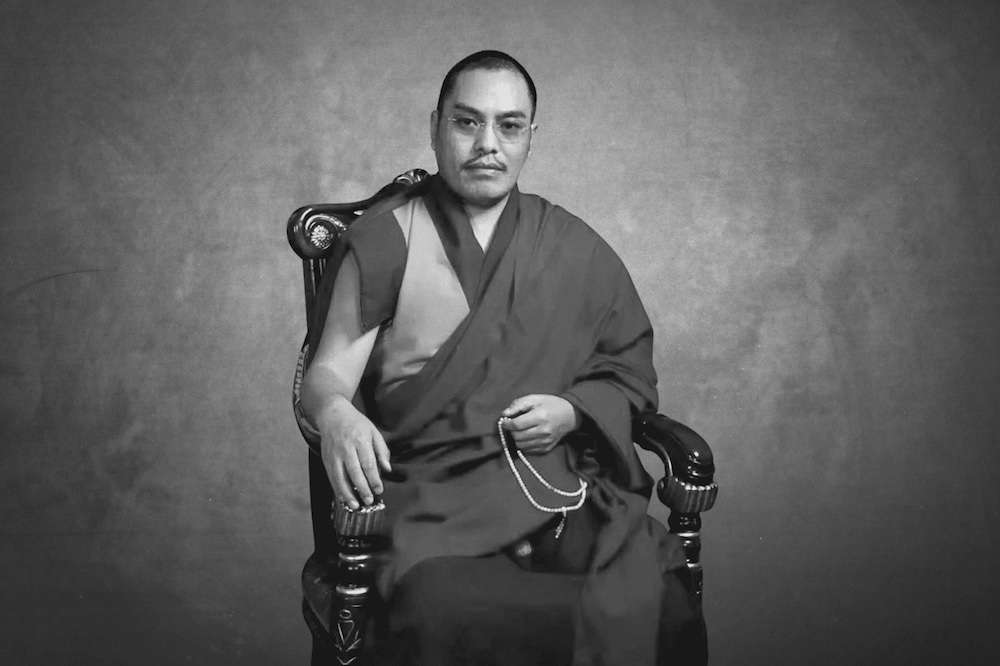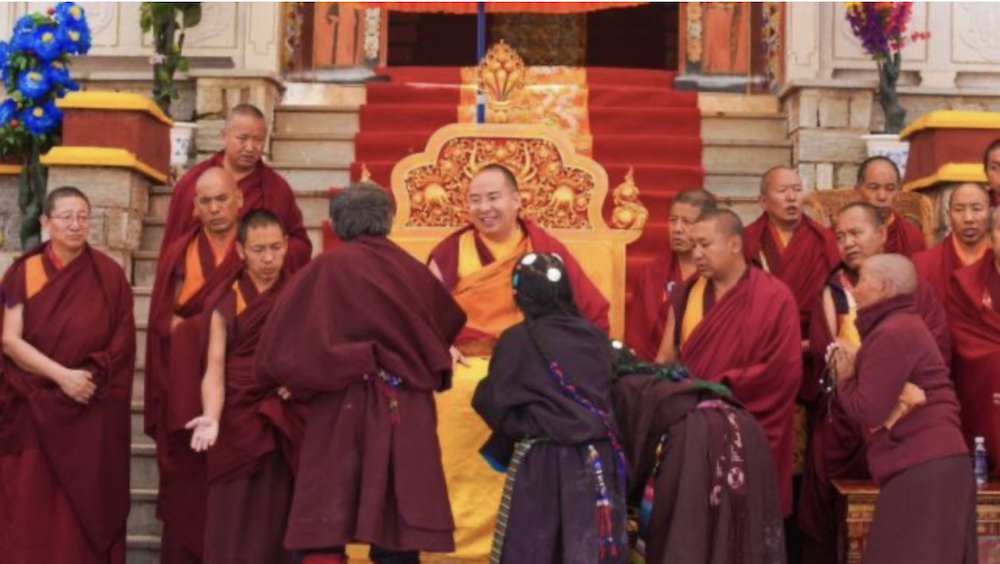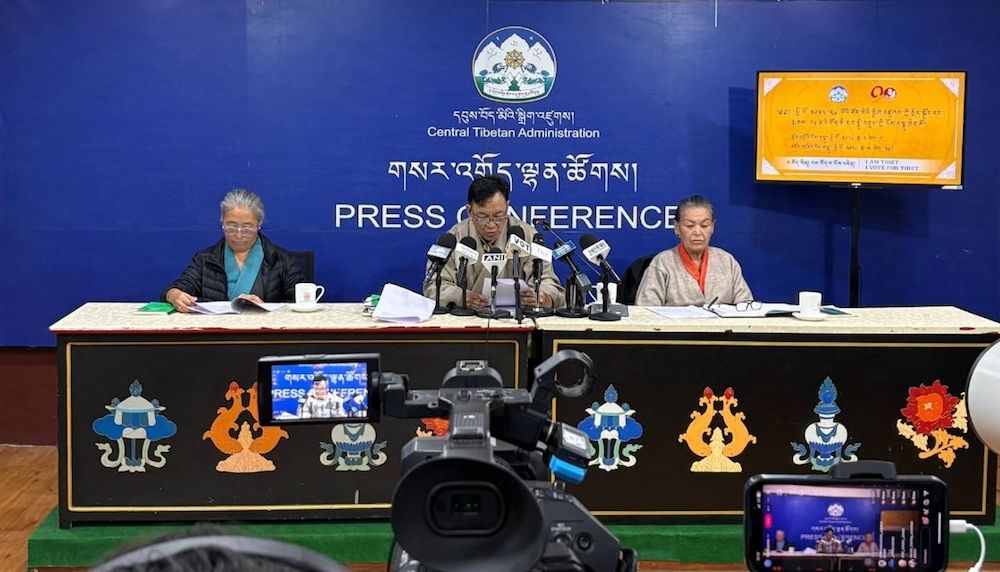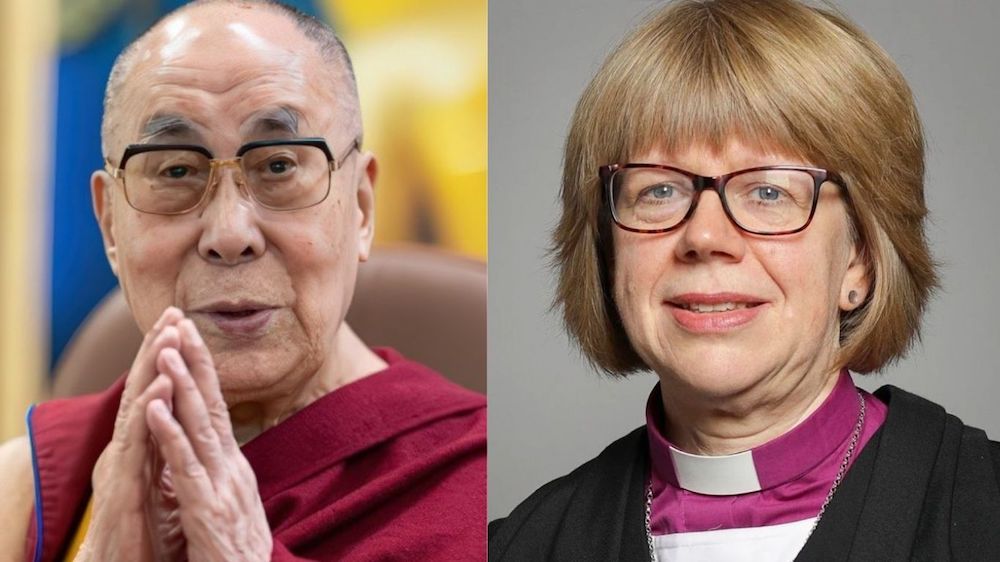Tsering Dhundup
DHARAMSHALA, July 24: As the United Nations (UN) begins a major reform process called the UN80 Initiative, tensions are rising between China and the European Union. The EU is worried that China is using these reforms to increase its control over the UN and change the way the world body works.
The UN80 Initiative, launched in March 2025 by Secretary-General António Guterres, is meant to improve how the UN operates, aiming to cut unnecessary bureaucracy, review old tasks, and adjust the UN’s structure to better respond to global problems like climate change, conflict, and displacement.
But the EU believes China is using this reform process to push its agenda. European officials say China has been working behind the scenes, especially in Africa, Southeast Asia, and Latin America to convince developing countries to support its proposals. They suspect China wants to include elements of its Belt and Road Initiative in UN programs and gain more influence in key UN offices, although no solid proof has been made public yet.
The EU is also concerned about China’s push to reform the UN Security Council. China wants to add more non-permanent seats for developing countries, saying this would make the Council more fair. But EU diplomats worry this could weaken the role of powerful countries like the U.S., U.K., and France and give China more allies to support its positions on human rights and global rules.
In April last year, a former employee of the UN Office of the High Commissioner for Human Rights (OHCHR) submitted evidence alleging that China is working to reshape the international order by influencing multilateral institutions such as the United Nations. According to the evidence, Beijing has used its position to suppress discussions on sensitive issues and to alter official reports in ways that reflect its own priorities, including minimising concerns related to human rights and democracy.
This concern is strong when it comes to China’s occupied countries, such as Tibet and East Turkestan, where critics say China uses its global influence to silence discussion of abuses. Independent human rights groups, exiled Tibetans, and Uyghur organisations have accused China of using its UN influence to avoid accountability for religious suppression, mass surveillance, forced assimilation, and arbitrary detentions.
Chinese Foreign Ministry Spokesperson Guo Jiakun defended the country’s position at a press conference this week, dismissing EU allegations as “unfounded” and reaffirming Beijing’s commitment to multilateralism. “China supports reforms that reflect the voices of developing nations and a just global order,” Guo said, framing Beijing as a counterbalance to what it sees as Western domination of the UN since its founding.
But actions from both sides show growing mistrust. On July 18, the EU placed sanctions on two Chinese banks and five companies for allegedly helping Russia in its war in Ukraine. This is the first time the EU has targeted Chinese financial institutions. In response, China criticised the sanctions and warned that it may raise tariffs on European goods.
The 25th China-EU Summit is scheduled for September and will mark 50 years of diplomatic relations. What was meant to be a celebration of cooperation now looks set to be a tense meeting, with serious disagreements over global governance, trade, and foreign policy.
Experts say China is working to shape the UN system in ways that match its political model and long-term goals. This includes influencing which programs get funding, and what kind of development strategies are followed. China has already gained more influence in international organisations like the World Health Organisation and is now turning its focus to the UN as a whole.


